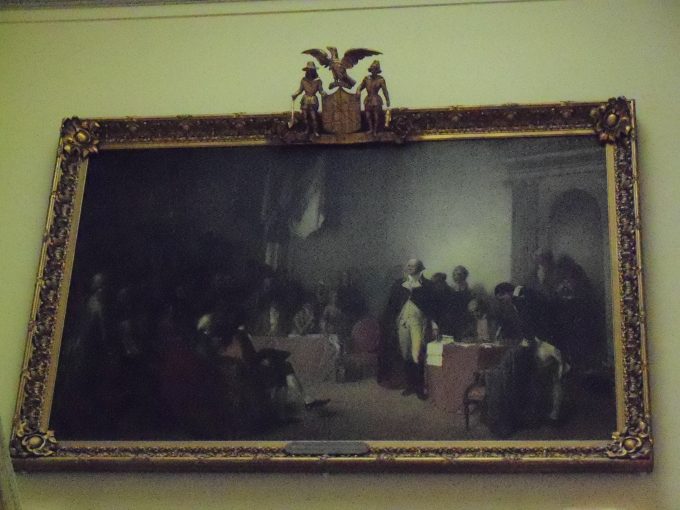
Sunday, 15 January 2017
But I trust in the Lord Jesus to send Timothy to you shortly, that I also may be encouraged when I know your state. Philippians 2:19
In verse 17, Paul had noted his condition, which bore even the possibility of his death. Regardless of life or death, he intended to continue on with the ministry towards those at Philippi, and with the full assurance that the Lord would direct all things according to His wisdom. He now says based on this, “But.” The word can mean “but,” “moreover,” etc. It is a contrast, or a complement, to his own state. He then notes that “I trust in the Lord Jesus…”
Despite being an apostle, he was limited in what he knew concerning future events. He only prophesied when the Lord revealed His intentions. Other than that, he remained dependent on the Lord’s ability to take care of future events as they would come to pass; he trusted in that notion. For now, his trust in the Lord was that he would be able “to send Timothy to you shortly.”
It is of note that he speaks of Timothy in the third person even though the opening to the epistle stated, “Paul and Timothy, bondservants of Jesus Christ…” Though they were together as greeters in the opening salutation, the words of the epistle belong to Paul alone. Only his words are of divine inspiration for the doctrinal matters of the epistle.
His intent in sending Timothy was “that I also may be encouraged when I know your state.” He is writing the epistle as an encouragement to them. In sending Timothy, he would then hear about them and receive the same encouragement. It appears from this that Timothy did not carry the letter, but would only be sent at a later date.
The sequence of events, when compared to Acts 16, shows the possibility of the events as laid out in the epistle, but they must be inferred from both. In other words, the two books stand alone, and one was certainly not copied off another as deniers of the Bible claim. Rather, they are independent accounts which sew together seamlessly, but with a precision that avoids any chance that they were intentionally manipulated in order to simply have one confirm the other.
Life application: Getting a note or a word of encouragement out of the blue is a wonderful thing to receive. Take time today to pen a note, make a post, or give a call to someone that hasn’t heard from you in a while.
Lord God, it surely is good and pleasant to be at harmony with other believers. It is so easy to tear one another apart over issues which we are passionate about, but unless they involve truly bad doctrine, is it worth it? One or the other is lacking in proper understanding, but that does not make them a criminal. It means that there is just a need for more study. And it is more than possible that the one in need of study isn’t the other person! Help us to be willing to work in harmony towards a complete understanding and appreciation of Your word. Amen.




